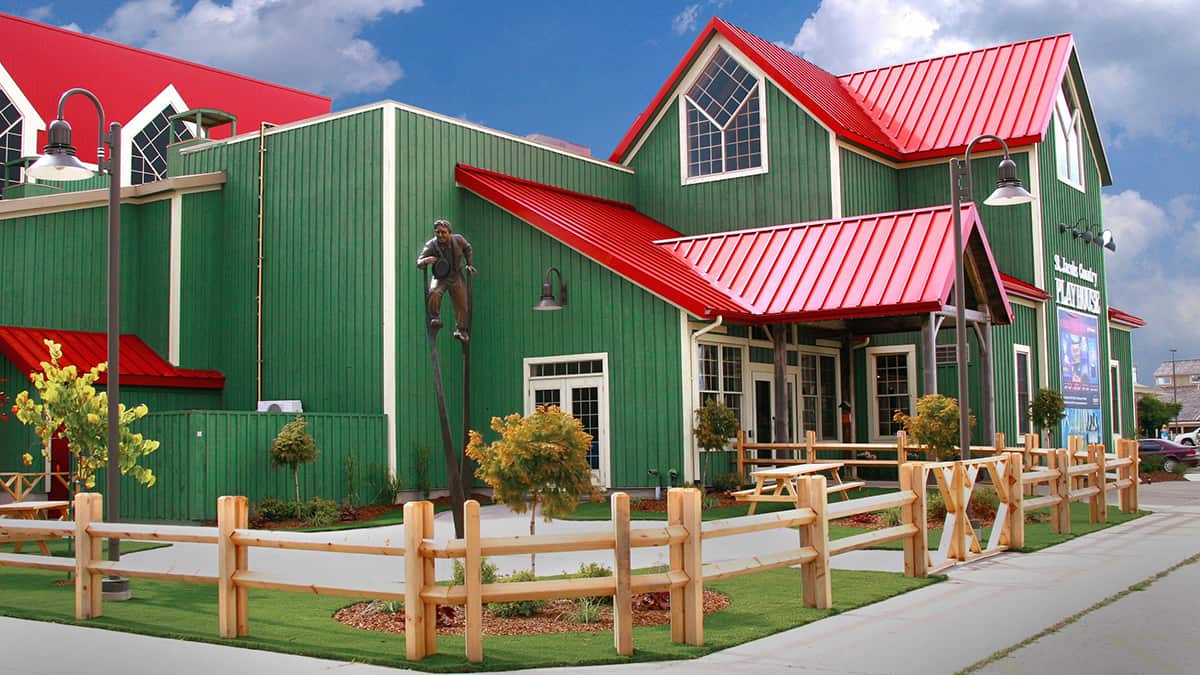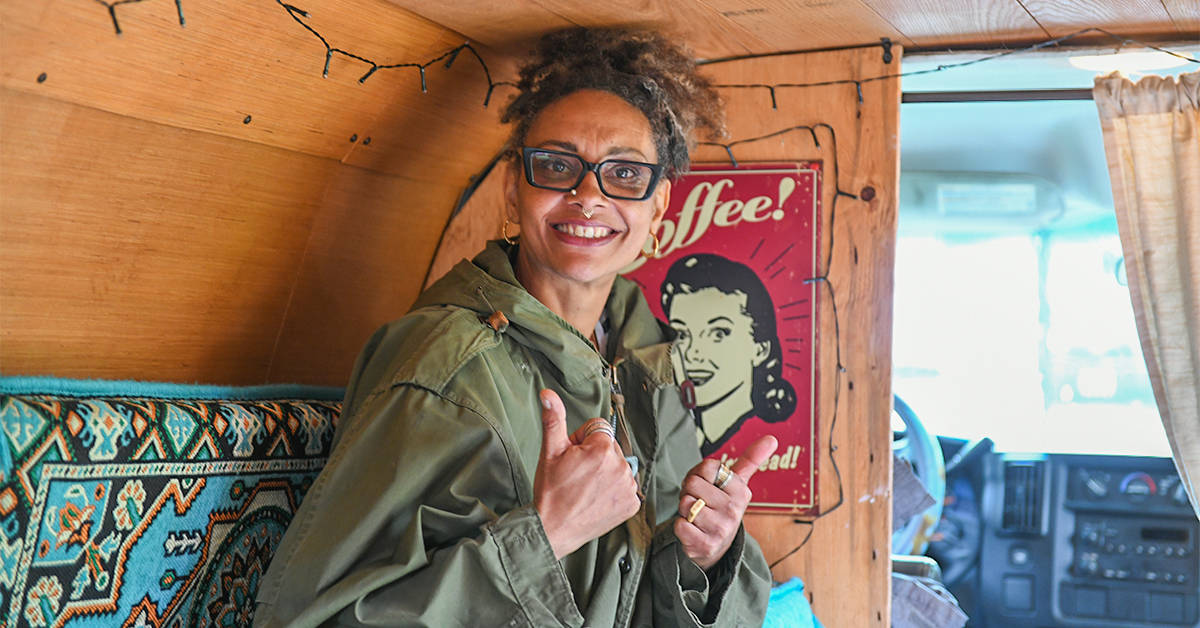;
;
;

Nicola Thomas is back home after her series of road trips to discover the lost history of Black diaspora in Ontario, of which Wellesley Township plays a part. Thomas drove in her van all over Ontario looking for stories of Black settlers, especially women, who moved through Ontario as they sought fr
Last updated on May 03, 23
Posted on Sep 22, 22
2 min read
